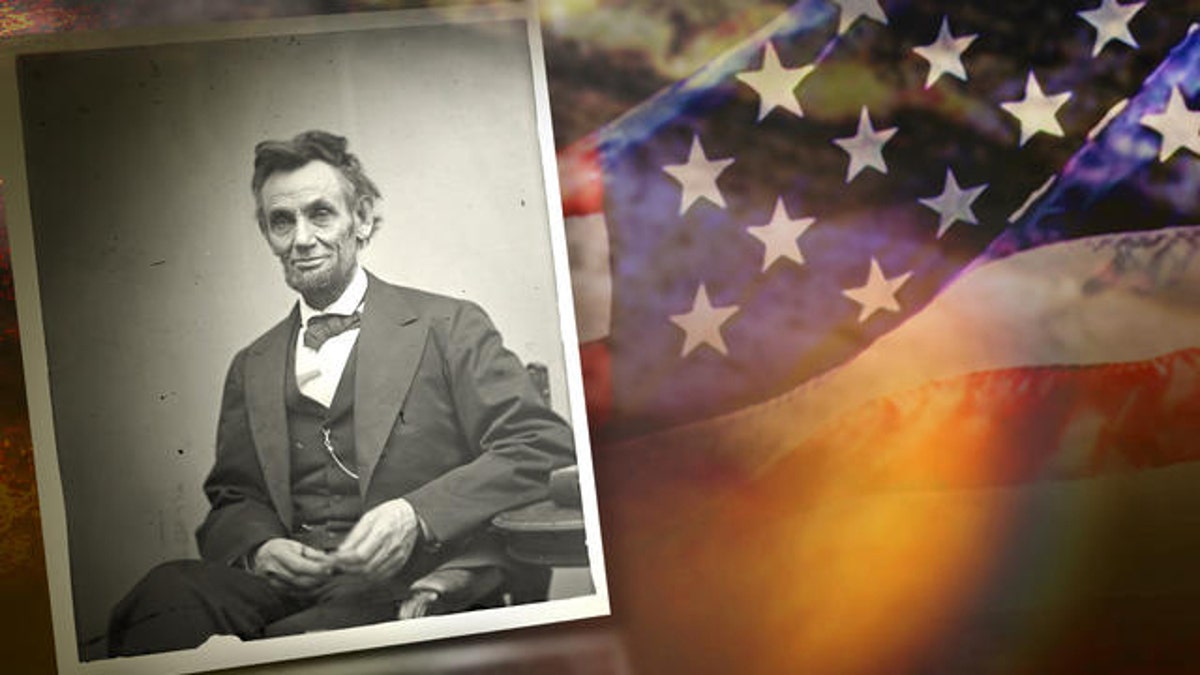
When her telephone rang at 6 a.m. on that bitterly cold January morning in 1973, Pulitzer Prize-winning author Doris Kearns Goodwin knew exactly who would be on the other end of the line. Since leaving the White House for his Texas ranch, former president Lyndon Johnson often roused her for an early morning chat. His dependence on Goodwin’s assistance with his memoirs had deepened, and over the years the young woman had become his trusted confidante.
Goodwin worked directly for LBJ as one of the first women selected as a White House Fellow in 1967, and her 1976 New York Times best-seller, “Lyndon Johnson and the American Dream,” launched her career as a world-renowned presidential historian.
Your family may love you, but they are not in the center of your life as they might have been had you paid attention to them all the way through. And I always argue that the ability to relax and replenish your energy is absolutely essential.
“He was speaking very softly when he called that morning, and he sounded incredibly sad,” Goodwin recalled. “He had read Sandburg’s biography on President Lincoln, which made him think about how he was going to be remembered, and he was afraid that ordinary people in the future would forget him. I tried to cheer him up by promising to put a question about him on every exam I gave at Harvard for the duration of my teaching career, so everyone would remember him. Well, he kind of cut me off abruptly, which was odd, and demanded that I listen to what he was telling me. He told me to get married, have children, and spend time with them. He talked about how he should have spent more time with his family, because that’s a different and more worthy kind of posterity than the public one that he had been seeking throughout his entire political career. That would be our last conversation, because he died of a heart attack two days later – but what a wonderful thing to leave me with.”
Years later, Goodwin had the opportunity to put Lyndon Johnson’s words of wisdom into practice when she was under consideration for head of the Peace Corps during President Jimmy Carter’s administration. Since his death, she had followed LBJ’s advice and had gotten married and had children, and at the time she was also writing a book about the Kennedys. “I’m not sure I would have gotten that job anyway, but there was no way that I could have taken it,” Goodwin explained. “I had a family – two young children – and that job would have eliminated any possibility of balance because I would have been traveling all the time. So I did not try for it. Lyndon Johnson’s advice also helped me not just in that moment, but later on when I decided to take a longer time to write these books so I could be home with the kids. I decided that it didn’t matter to the world if the books came out in five years versus ten years, but I like to believe that it mattered to the kids that I could be home when they were little and also when they came home from school. And I think seeing Lyndon Johnson so desolate in his later years did have an impact on my trying to strike a greater balance in my own life.”
Goodwin believes that, although it’s natural to think career achievement will bring happiness, those who live the richest lives manage to achieve a healthy balance of work, love, and play. “To commit yourself to just one of those spheres without the others is to leave open an older age filled with sadness, because once the work is gone you have nothing left – no hobbies, no sports,” Goodwin said. “Your family may love you, but they are not in the center of your life as they might have been had you paid attention to them all the way through. And I always argue that the ability to relax and replenish your energy is absolutely essential.”
Seven years ago, Goodwin published Team of Rivals: The Political Genius of Abraham Lincoln, which Steven Spielberg used as the basis for his Oscar-nominated movie “Lincoln.” She recalled how Lincoln set aside his worries by attending the theatre over 100 times during the Civil War, and how Franklin Roosevelt diverted his attention from the immense burden of leading the nation through World War II by hosting a cocktail hour every evening in the White House. “The rule was that you couldn’t talk about the war. You could only gossip about people or discuss the books you’d read or the movies you’d seen, so for a few precious hours he could forget that the war was raging,” Goodwin said. “And then when Churchill would come the two of them would stay up talking, smoking and drinking until two a.m., and at one point Roosevelt’s wife, Eleanor, came in to see them and said, ‘Isn’t it time for you two little boys to go to bed?’ Roosevelt also relaxed by playing poker. John F. Kennedy would go to Hyannis Port and sail and play touch football. All those men knew that there was more to life beyond the pressures they were under, and it made them more effective leaders.”
It is the remarkable mastery of this delicate balancing act that sets the stage for great leadership. The deep reserves of energy and stamina required to sustain leadership need to be replenished by balancing the relationships with the people we love, the things we are passionate about, and quiet time for reflection and spiritual nourishment. While achieving this balance is never easy, it is this tightrope over which all great leaders must carefully walk in order to reach their full potential.
